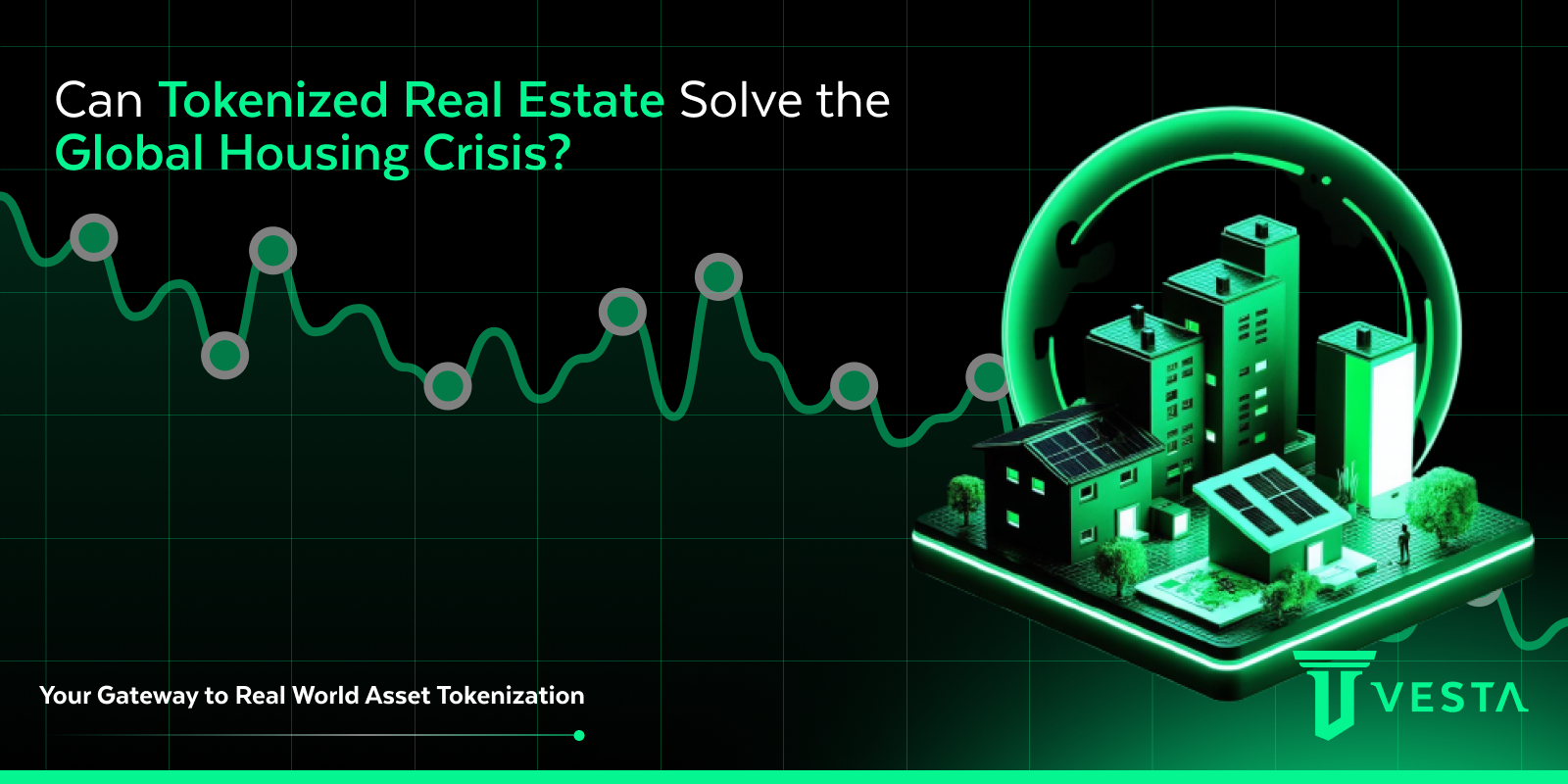
The global housing market is broken. Prices are soaring, supply remains constrained, and millions of people, especially younger generations, are locked out of homeownership. In parallel, real estate remains one of the most lucrative investment classes, but access is mostly reserved for the wealthy or institutional buyers.
At the heart of the issue lies a paradox: housing is both a human necessity and a speculative asset. And by 2025, the gap between these two roles will be wider than ever.
Enter tokenized real estate, a blockchain-based solution that’s rapidly gaining traction as a way to both democratize access and make property markets more liquid, inclusive, and efficient.
Traditional real estate systems are plagued with structural problems:
These limitations create systemic inequality. Most people can’t invest in high-value properties, and those who do are often locked into illiquid assets with little flexibility.
Tokenization enables real estate assets to be divided into digital shares, each one represented by a token on the blockchain. This allows people to invest in real estate fractionally, just like they would in stocks.
With tokenized real estate:
Platforms like Vesta are leading this change, allowing users to browse tokenized real estate opportunities, invest fractionally, and receive real-world income.
Vesta’s platform addresses the pain points of traditional real estate by offering:
This approach makes real estate investing accessible to a wider audience without compromising on asset quality or investor protection.
While tokenized real estate is often discussed from the investor’s perspective, its societal impact could be just as profound:
To be clear, tokenized real estate is not a silver bullet. Key challenges include:
Tokenized real estate won't single-handedly fix the housing crisis. However, it provides a practical and scalable tool for expanding access, accelerating supply, and rethinking how property ownership operates in the digital age.
Vesta’s work in this field shows that tokenization isn’t about disrupting real estate it’s about upgrading it. One fractional share at a time.
Dive into the heart of innovation with our 'Coding Chronicles' blog section. Explore a rich tapestry of articles, tutorials, and insights that unravel.